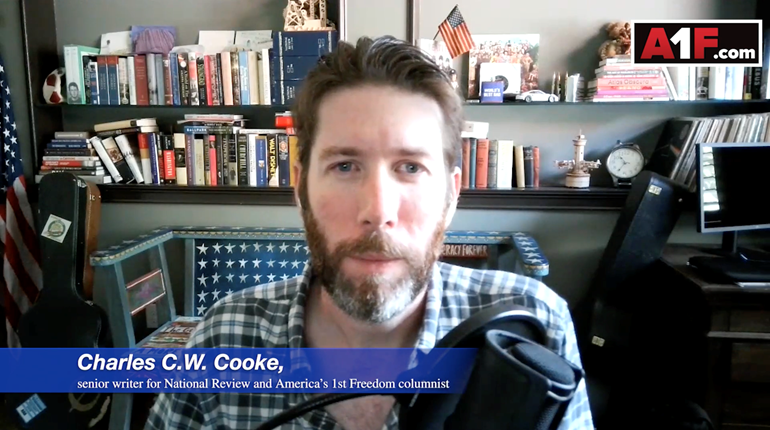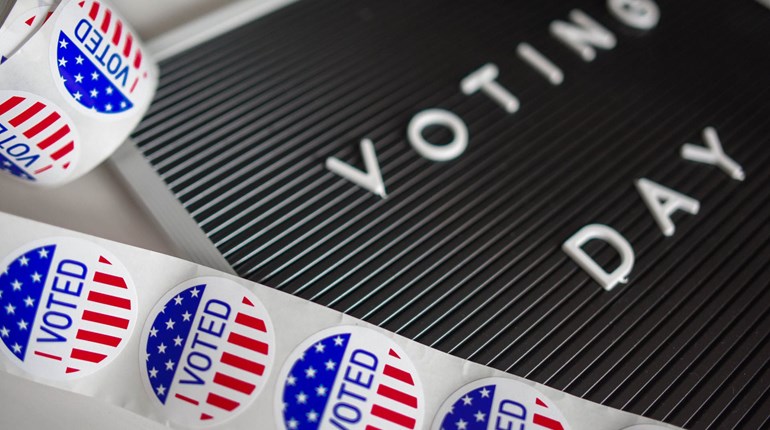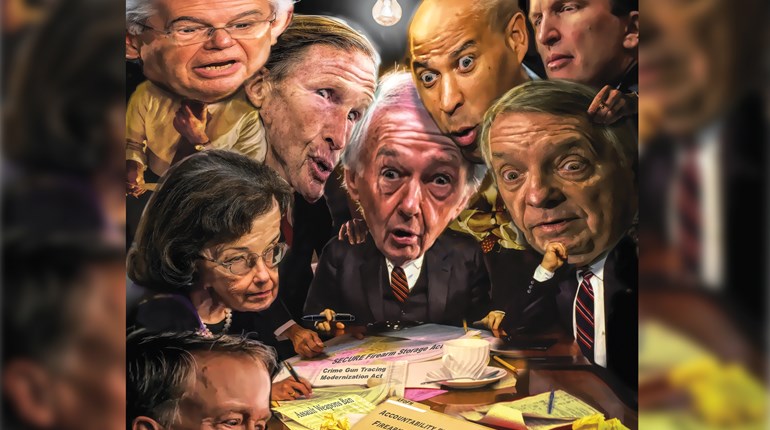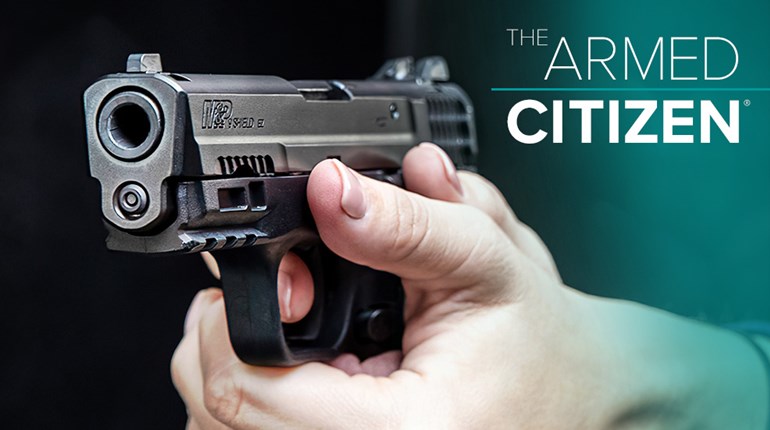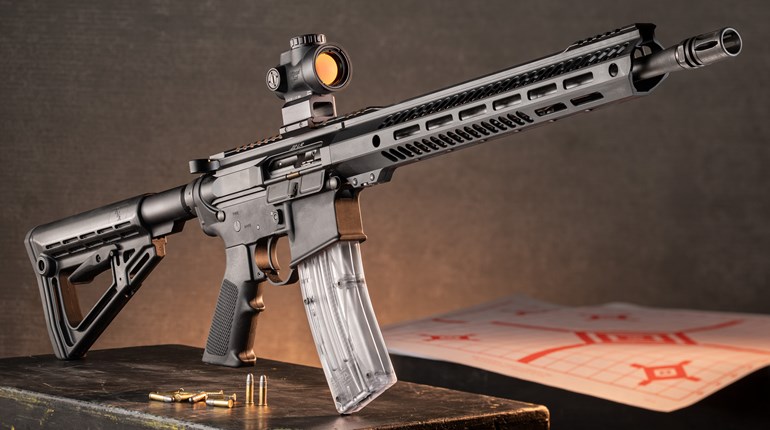
 U.S. Sen. Cory Booker of New Jersey—a man who would very much like to become President Cory Booker of the White House—has announced the most comprehensive gun control package to be forwarded by any presidential candidate in recent memory. The first parts of Booker’s plan will be familiar to anyone who has been following the trend: He wants to ban the AR-15, the most commonly owned rifle in the United States, which he calls an “assault weapon”; he wants to prohibit the sale of standard-issue, standard-capacity magazines, which he calls “high-capacity magazines”; and he wants to extend federal oversight to all firearm transfers, even those that take place between family members in the same state.
U.S. Sen. Cory Booker of New Jersey—a man who would very much like to become President Cory Booker of the White House—has announced the most comprehensive gun control package to be forwarded by any presidential candidate in recent memory. The first parts of Booker’s plan will be familiar to anyone who has been following the trend: He wants to ban the AR-15, the most commonly owned rifle in the United States, which he calls an “assault weapon”; he wants to prohibit the sale of standard-issue, standard-capacity magazines, which he calls “high-capacity magazines”; and he wants to extend federal oversight to all firearm transfers, even those that take place between family members in the same state.
The rest of Booker’s plan, by contrast, will come as a nasty surprise to even the hardest-nosed observer. Not only does he want to create a federal registry of every single one of the half-billion privately owned firearms in America—an idea that, thankfully, is presently illegal under federal law—he also wants to create a federal registry of every single firearm owner in America. And, worst of all, he wants to render the right to become a gun owner contingent upon a federal permission slip of his design—a slip for which one would have to reapply every five years.
The practical effect of Booker’s plan would be creation of a national “may-issue” ownership regime tied inextricably to an enormous government database. Or to put it more bluntly: Under Booker’s plan, a central government bureaucracy would know your name, know where you live, and know exactly how many—and which—guns you own. Giving up that information would become the price of exercising your rights.
The practical effect of Booker’s plan would be the creation of a national “may-issue” ownership regime tied inextricably to an enormous government database.
Should Booker get his way, the Second Amendment would be instantly demoted from a right to a privilege, and the gains of the last three decades would be wiped out in a stroke. That, of course, is the point. At present, only 13 states require Americans to obtain a license before they may own a handgun, and only six states require Americans to obtain a license before they may own a long gun. By proposing that all Americans obtain licenses before purchasing any type of firearm, Booker is attempting to transmute a rule that presently affects just 12 percent of states into a rule that affects all of them. This would be an act of extremism unseen in American politics in decades, and would represent a serious blow not only to the Second Amendment, but to the limitations that have been placed on the power that is wielded by officials in Washington, D.C.
There is a good reason that we do not permit the national government to keep a national list of guns and gun owners, and that is because such a list serves as a giant roadmap to confiscation. (Public figures such as Booker do not use that term, of course. They prefer the Orwellian nonsense term “mandatory buybacks.”) As should be obvious, a government that knows where all the guns and gun owners are is a government that can stage an effective confiscation drive, a government that can systematically harass those citizens whose politics or lifestyles it abhors, or, worst of all, a government that can limit the check that the right to keep and bear arms accords the people at large. Americans who wish to foreclose the possibility of confiscation, harassment, or even tyranny must, as an imperative first step, foreclose the possibility of a registry. For a free people to hand over an easily and constantly accessible list of people who are exercising their rights would be as myopic as it would be intolerable. The answer, now as ever, is “No.”
Deny it as he might, Booker knows full well how useful registries are to politicians who seek to limit the Second Amendment, for he is such a politician himself. Within the very same set of proposals as his federal licensing system and his national registries, Booker reiterates his hope that the federal government will use the “terror watch list”—a secret federal registry from which it is almost impossible to have one’s name removed—to limit the Second Amendment rights of Americans who have been convicted of nothing, charged with nothing and accused of nothing.
That he is at the same time asking us to trust him with the personal information of every gun owner in the United States is a sick and unfunny joke. Russian playwright Anton Chekhov once wrote that if a playwright placed a gun on the stage in the first act, it must have been fired by at least the third lest its introduction be rendered pointless and wasteful. So it is with government lists. Once a registry has been established, there are only two options: It will be abolished, or it will be used for ill. That the former option is better than the latter does not render either one good. There is no precedent in history that leads anybody to jump for joy at the sight of a man with a faded lanyard and an official set of forms and to shout, “Please, register me!”
One does not need to look far back into the mists of history for a solid illustration of the risks here. On the contrary, we can merely switch on our televisions each night and watch the segments on Venezuela, a country that was once prosperous and free, but that has descended quickly into tyranny.
As part of its consolidation of power, the government in Venezuela disarmed the people it deemed most likely to fight back, and, in some cases, it then handed their firearms over to those elements within the military that had pledged allegiance to the dictatorship. How did it do that, and so quickly? The answer is obvious: It used its registry, which told it where to look and who to disarm. (“Disarm” is the correct word. In 2012, when Venezuela announced that firearms would be banned in toto, just 37 Venezuelans voluntarily handed in their guns. By contrast, 12,603 were taken by force.)
This grab has been disastrous for liberty—so disastrous, in fact, that even MSNBC has managed to grasp the problem. “You have to understand,” Kerry Sanders explained on air recently, that “in Venezuela gun ownership is not something that’s open to everybody. So if the military have the guns, they have the power and as long as Nicolás Maduro controls the military, he controls the country.”
Indeed so. Who in their right mind is prepared to take that risk here?
And why on earth would they, when there is no advantage to be gained from doing so? Of all of the mindless, emotional, vacuous proposals that politicians like to sell as easy, all-upside panaceas to crime, registries of guns and gun owners are without doubt the most useless. As John Lott Jr. has noted, nobody who defends the few state-level registries that still exist in the United States “can point to any crimes that have been solved using registration records.” Nor is there any evidence whatsoever that the introduction of registries would achieve what Booker says he is setting out to achieve, which is to preemptively lower the crime rate.
Even Canada—a country that, by American standards, exhibits a draconian attitude toward the private ownership of firearms—has come reluctantly to concede this point. In 2003, the Canadian government introduced a registry of long guns that, it promised, would cost just $2 million per year to maintain, and would both help solve crimes and reduce domestic violence. It was an unmitigated disaster. Not only did the $2 million per year price tag swiftly become $2.7 billion per year—an increase of 1,350-fold—but authorities across Canada soon realized that the system was not helping them at all. In the end, nobody was happy. Taxpayers balked at the cost; law-abiding gun owners grew angry at the compliance requirements; and the police, having watched their budgets shrink dramatically in order to pay for compilation, began to beg their politicians to change something. By 2011, the registry was gone, and voters had completely wiped out the Liberal Party in the western part of the country. For those who cared to learn, it was a salutary lesson.
In 2003, the Canadian government introduced a registry of long guns that, it promised, would cost just $2 million per year to maintain, and would both help solve crimes and reduce domestic violence. It was an unmitigated disaster.
And we’re supposed to believe it would have been different in America? As is so often true these days, Sen. Booker is trying to fit a square peg into a round hole, for it remains the case that the United States boasts a legal and political culture that is flatly incompatible with the establishment of registries of law-abiding citizens. As we have seen now in state after state after state, Americans simply do not comply with gun registries when they are imposed. Not in California. Not in New Jersey. Not in Connecticut. Not anywhere. That is not who we are, and it is not who we will ever be. This cultural recalcitrance—which, happily, is evident in even the most heavily regulated states in the Union—means, in effect, that the governments that preside over such registries are faced with two choices: (1) to accept that, in America, that dog won’t hunt; or (2) to try to make felons out of people who are, in every other sense, perfectly law-abiding. To choose the second option on a national level would be to make a catastrophic, historic mistake. Did we learn nothing from the folly that was Prohibition?
Booker’s idea is rendered even sillier in the United States when one considers that the Fifth Amendment to the U.S. Constitution guarantees that federal registries can only ever be populated by those citizens about whom the government is not worried in the first instance. Under the ruling in Haynes v. United States (1968), Americans who are prohibited from owning firearms cannot be prosecuted for failing to register themselves, because to prosecute them for such a failure would be to force their self-incrimination. In practice, this means that any registry would, by definition, be composed solely of information about non-criminals, and thus would be even more useless than the ones that have been tried abroad.
Does Booker know this? If he does not, then he has no business trying to write firearms policy, irrespective of its intent. And if he does—well, then one has to question his motivations.
Here as elsewhere, Americans must reflexively flip the usual inquiries on their heads. For a free people, the material question is never, “Why don’t you want to tell me that?” It is, “Why do you want to know?”
Charles C.W. Cooke is the editor of National Review Online and a frequent America’s 1st Freedom contributor.













